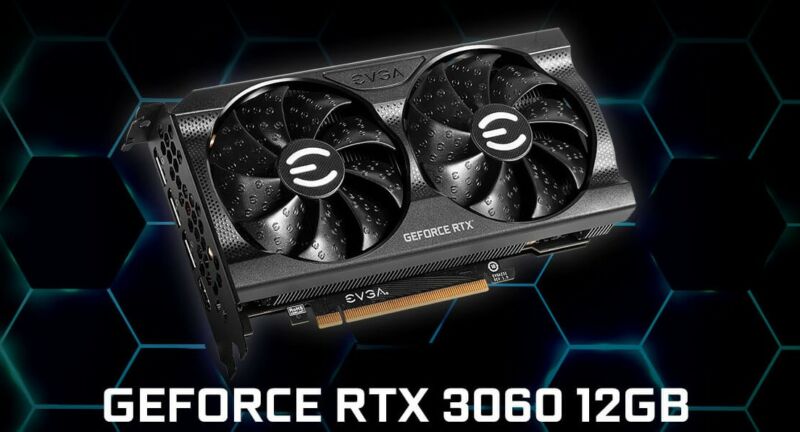
Both Nvidia and AMD have made changes to their gaming GPU lineups in an effort to make them less appealing to cryptocurrency miners, including releasing mining-specific GPU models and making entry-level GPUs with specs that aren't good enough for mining. One of the most significant changes came in mid-2021, when Nvidia released "Lite Hash Rate" (LHR) versions of its RTX 3000-series GPUs that halved their performance when mining Ethereum or similar coins but didn't affect their gaming performance.
Cryptocurrency miners have tried to circumvent the LHR limitations in a bunch of ways since then, including by using non-LHR drivers that Nvidia leaked (oops!) and flashing the BIOSes from 3090-series cards onto 3080-series cards to bump up the hash-rate limit. And earlier this week, a hacker by the name of Sergey released an "Nvidia RTX LHR v2 Unlocker" that promised to remove the hash-rate limits on most Nvidia cards using a combination of BIOS updates and specially modified drivers.
Surprising no one, the sketchy drivers with the too-good-to-be-true performance promises turned out to be full of viruses. An extensive report shows that the software package modifies Windows Powershell policies, deletes and creates new files in system directories, and causes abnormally high CPU usage, among other things.
I won't say there's never a reason to install a modified driver on your computer—sometimes these drivers are the best way to get older hardware working in newer versions of Windows. Other times, as with this well-known AMD driver package for Macs running Boot Camp, it's the best way to get consistent driver updates with the latest fixes and performance improvements.
But you should use common sense when downloading and installing this kind of software. If mysterious drivers from a previously unknown third party promise a silver-bullet fix for a problem that the entire cryptocurrency mining community has not been able to figure out, you probably shouldn't install them.
reader comments
121